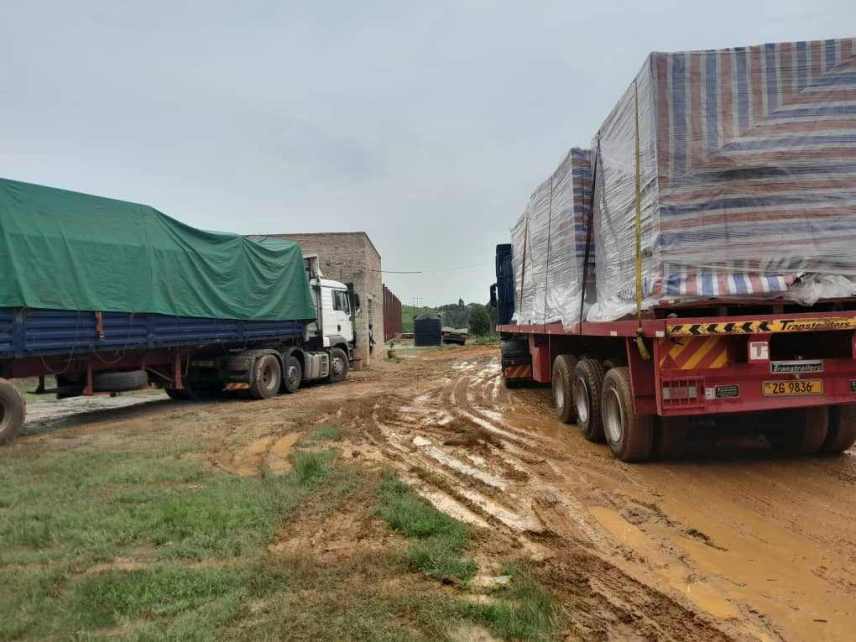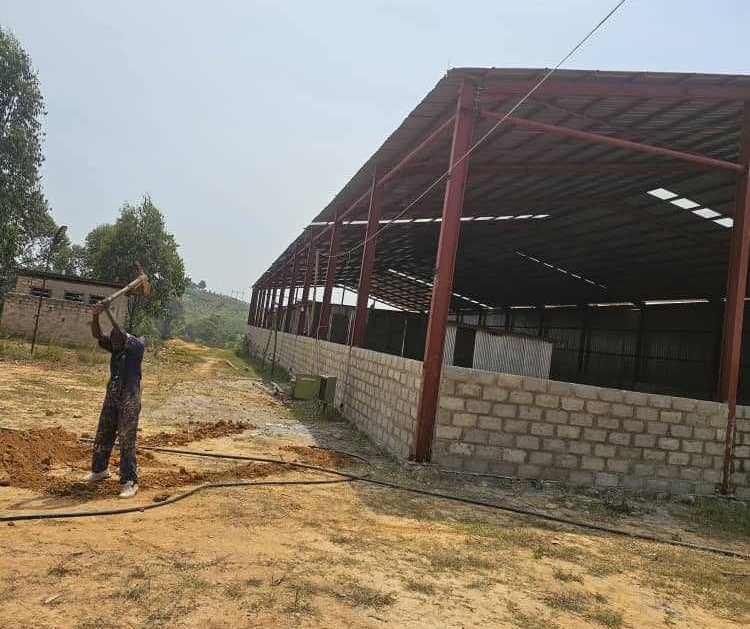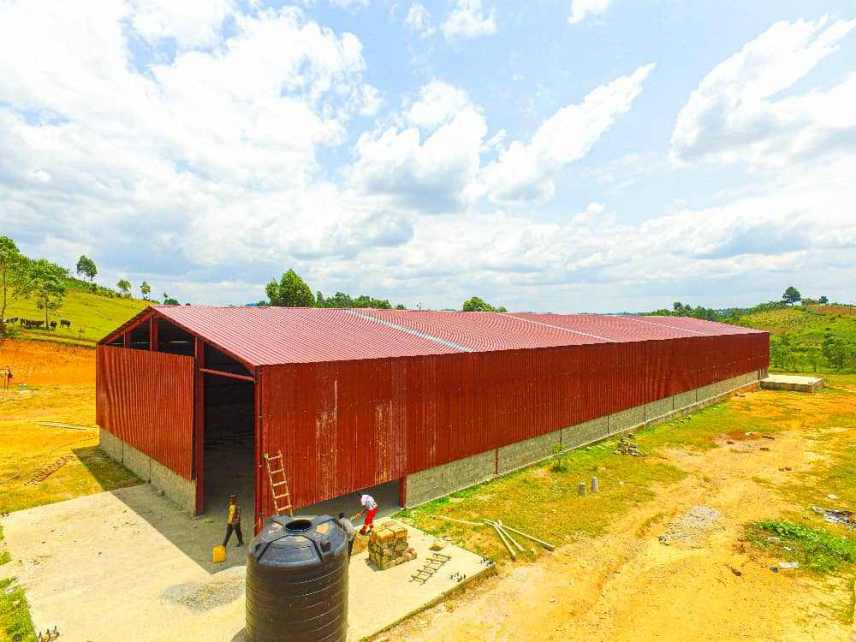
Diacente’s Group Model for Sustainable Industrial Transformation"
At Diacente Group, we are dedicated to transforming Africa through innovative and sustainable industrial development. Our projects focus on creating green ecosystems that support economic growth, environmental sustainability, and community empowerment.
The Green Industrial & Special Economic Zones
The zones will host over 1000 factories in key sectors such as agro-processing, extractive industries, and knowledge-based industries.
The Green Industrial & Special Economic Zones (GISEZ) represent our transformative model for driving sustainable industrialization in Uganda. Built on the principles of circular economy and climate resilience, GISEZ integrates cutting-edge infrastructure with clean technologies to create efficient, low-carbon, and inclusive industrial ecosystems. This model is designed to accelerate green growth, attract responsible investment, and position Uganda as a regional leader in eco-industrial development.
Key Features:
- Advanced Infrastructure: The zone will offer comprehensive infrastructure solutions, including water, electricity, and gas, tailored to support diverse industrial activities.
- Tech Integration: Leveraging Artificial Intelligence (A.I.), Internet of Things (IoT), Robotics, and Blockchain, GISEZ will optimize industrial efficiency, enabling real-time monitoring and intelligent decision-making across operations.
- Sector Focus: The zone will concentrate on key sectors such as agro-processing, extractive industries, and knowledge-based industries, creating a dynamic, multi-sector industrial platform.
Sustainability Initiatives:
- Green Technologies: Sustainability will be at the core of GISEZ, with the integration of renewable energy, resource-efficient systems, and cleaner production processes.
- Industrial Symbiosis: The zone will foster industrial symbiosis, where the by-products of one industry will serve as valuable inputs for another, promoting a closed-loop economy that minimizes waste and reduces the environmental footprint.
- Resource Efficiency and Cleaner Production (RECP): The design, construction, and operation of GISEZ will adhere to RECP principles, ensuring the responsible use of resources and encouraging proactive environmental stewardship.
Investment & Impact:
-
Job Creation: GISEZ aims to create 1 million jobs across the value chain, offering opportunities for local communities and boosting economic development.
-
Investment Attraction: The project targets attracting over USD $5 billion in investments, positioning the zone as a hub for both domestic and international investors.
-
Export Potential: With a goal to export over USD $10 billion annually, GISEZ will play a critical role in Uganda's export growth and intra-African trade.
Impact:
This transformative project will not only revolutionize Africa Uganda’s industrial landscape but also set a new benchmark for green industrialization in Africa. GISEZ will drive socio-economic growth, enhance intra-African trade, and serve as a model for sustainable development across the continent.
Public-Private-Community Partnership (PPCP): Building a Collaborative Ecosystem
Diacente Group is spearheading a transformative initiative through GISEZ by embracing a Public-Private-Community Partnership (PPCP) model. This framework brings together the government, private investors, and local communities to collaboratively drive sustainable industrial development.
PPCP Model: A unique, shared-responsibility approach that leverages the strengths of all sectors to build a resilient and inclusive industrial ecosystem.
- Community Ownership: Local communities will act as shareholders with voting rights, fostering accountability, participation, and alignment with community needs.
- Public Sector Role: The government will support GISEZ through infrastructure development, regulatory frameworks, and policy support, essential for creating an investor-friendly environment.
- Private Sector Engagement: Private investors will contribute capital, technology, and innovation, driving industrial growth, job creation, and global competitiveness.
- Local Procurement & Supply Chain Integration: GISEZ prioritizes supporting local businesses, aiming to source 80% of raw materials and 50% of services locally within three years, thus promoting self-sufficiency and economic resilience.
- Community Investment & Profit Sharing: Communities providing land for the zone will benefit directly through profit-sharing and prioritized access to supply goods and services.
- Capacity Building: Local businesses, including cooperatives and SMEs, will receive training, technical support, and access to markets to fully integrate into GISEZ’s supply chains and benefit from its growth.
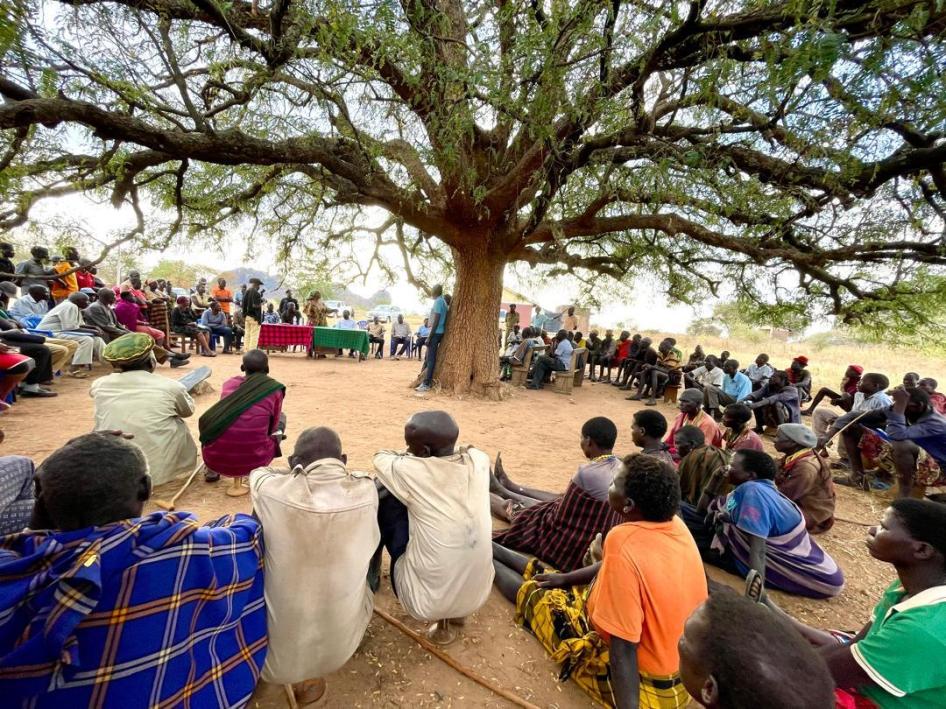
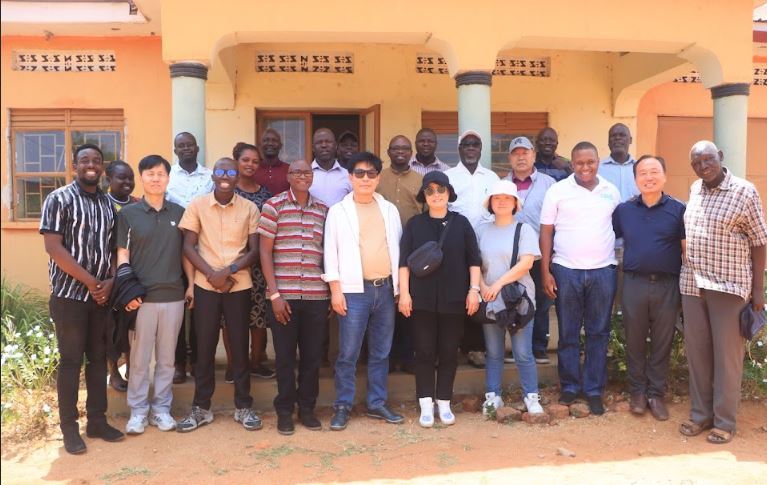
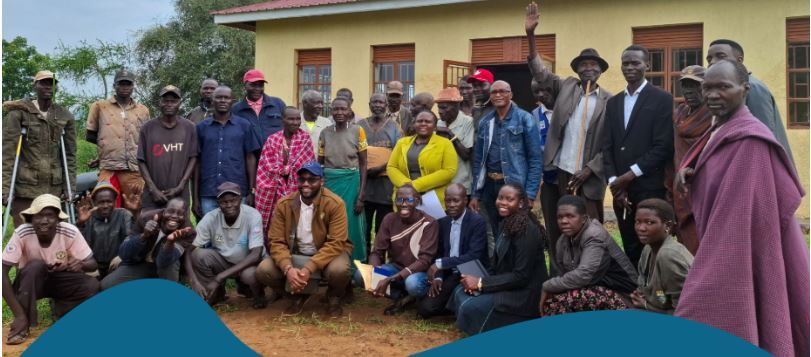
(KOFUL) Eco Sanitary Pads Factory
Production Capacity: The plant is designed to produce 1,000 sanitary pads per minute, catering to the growing demand across East Africa.
The KOFUL Eco Sanitary Pads Factory is a large-scale initiative set to become one of the largest sanitary pads manufacturer in East Africa. Strategically located in Uganda, The factory is dedicated to producing eco-friendly, high-quality sanitary pads made from locally sourced, sustainable materials such as banana and sugarcane fibers.
With a production capacity of up to 1 million pads per day, we are committed to providing affordable menstrual hygiene products to women and girls across East Africa. By focusing on sustainability and empowering local communities, KOFUL is not only addressing the menstrual hygiene crisis but also supporting local agriculture and driving economic growth.
Key Features:
-
High Production Capacity: The KOFUL Eco Sanitary Pads Factory is equipped with state-of-the-art technology, capable of producing 1,000 sanitary pads per minute. With operations running 18 hours a day, we can manufacture up to 1 million pads per day, meeting the rapidly growing demand for menstrual hygiene products across East Africa. This makes the factory one of the largest sanitary pad production facilities in the region.
-
Use of Local Raw Materials: At KOFUL, we are pioneering the use of locally sourced, biodegradable materials, including banana and sugarcane fibers, to manufacture our eco-friendly pads. This approach not only adds value to Uganda’s abundant agricultural resources but also provides a sustainable alternative to traditional sanitary products, significantly reducing environmental waste.
-
Cutting-Edge Technology for Maximum Efficiency: Our production line is equipped with the latest in automation and precision engineering, ensuring high-quality products with minimal waste. The machinery is designed for efficiency and scalability, enabling us to respond swiftly to market needs while maintaining superior quality and sustainability.
-
Empowering Local Communities: KOFUL is dedicated to the economic empowerment of women through job creation and skills development. The factory will provide steady employment, particularly to local women, offering comprehensive training that promotes economic independence and gender equality. Additionally, our partnership with local farmers who supply raw materials fosters sustainable livelihoods within the community.
-
Health and Education Impact: This project aims to improve menstrual hygiene for over 10 million girls and women in East Africa by providing affordable sanitary pads. By addressing the barriers to menstrual hygiene, such as stigma and affordability, we are helping to keep more girls in school, promoting their education and long-term success.
Impact:
The KOFUL Eco Sanitary Pads Factory represents a game-changing solution for menstrual hygiene management in East Africa. Through sustainable production, the use of local resources, and cutting-edge technology, we aim to transform the industry while empowering women, supporting education, and creating a cleaner environment. This initiative will provide reliable, affordable sanitary products across the region, ensuring that millions of women and girls have the opportunity to live healthier, more empowered lives.
